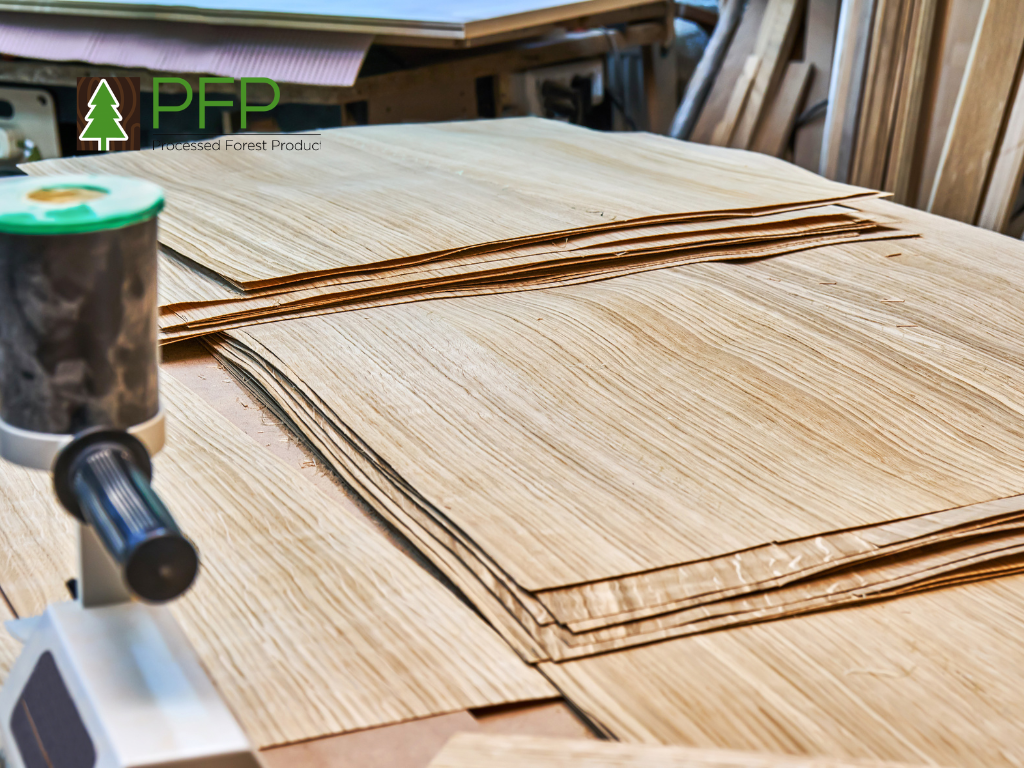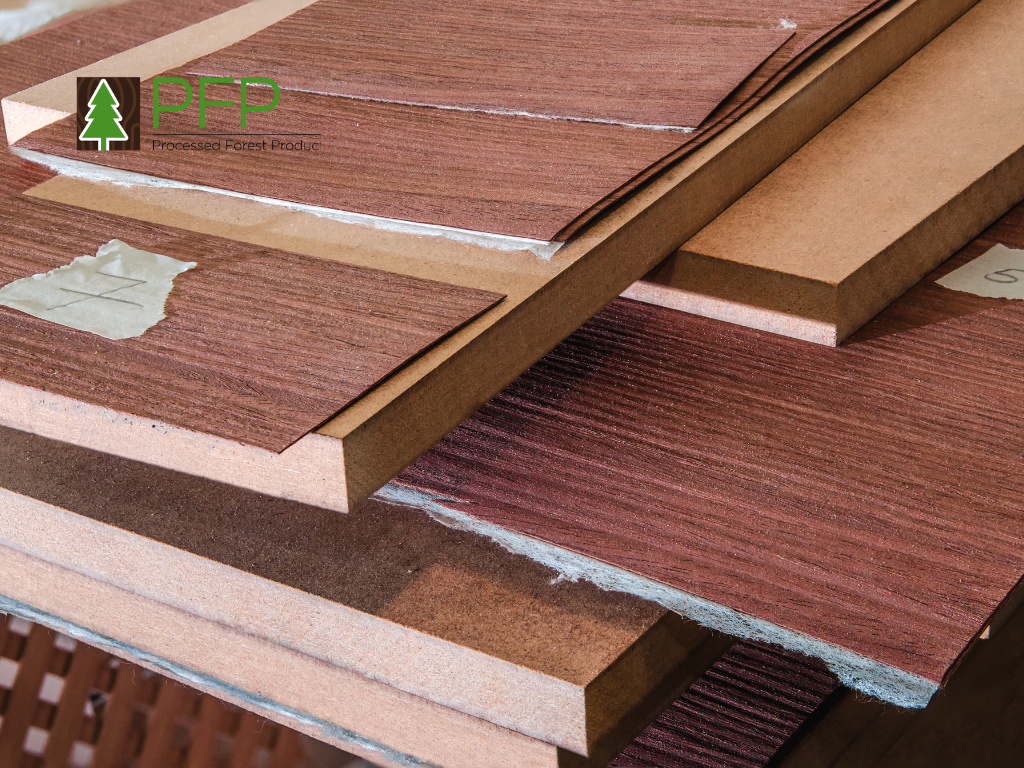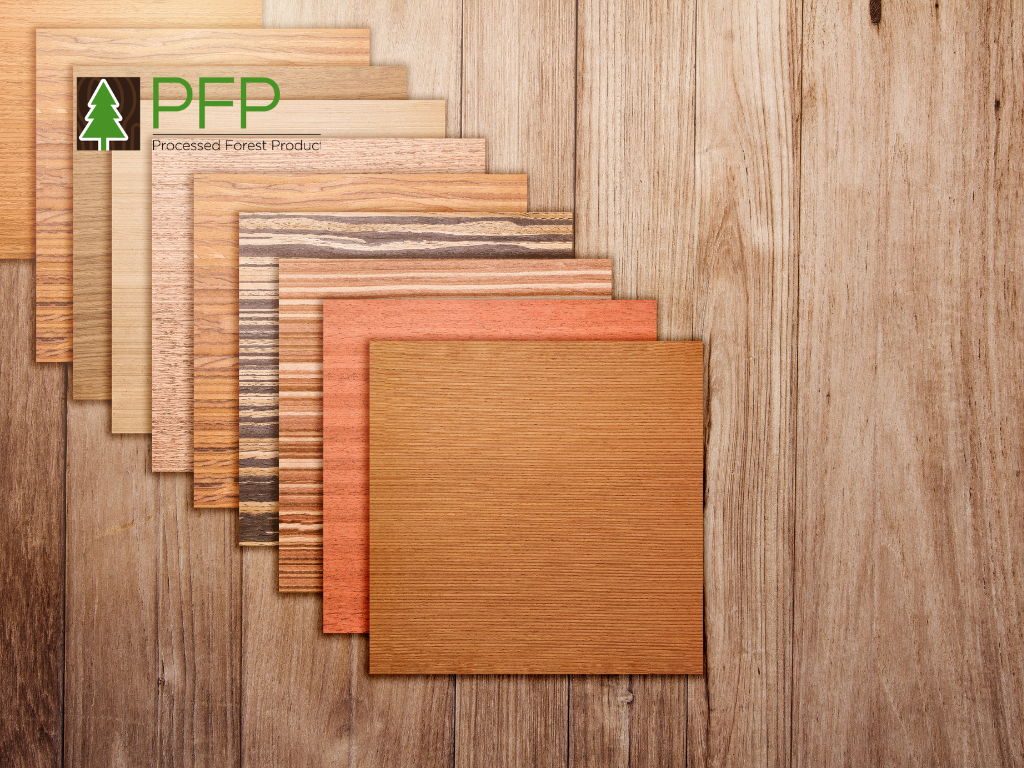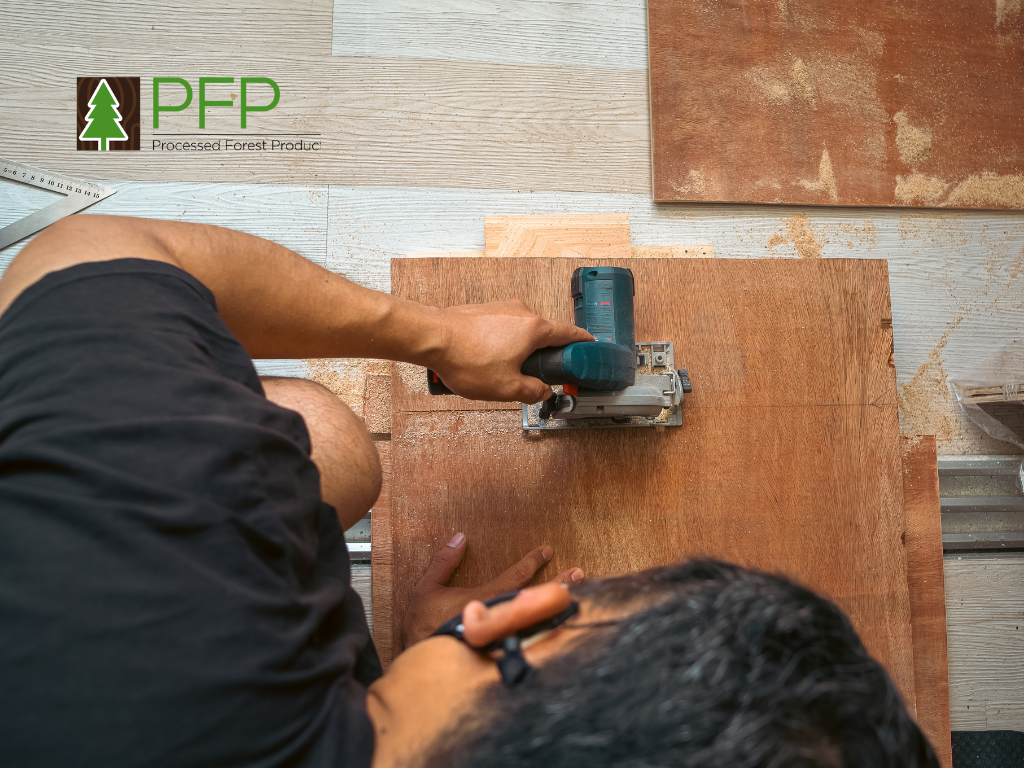Sustainable timber veneer suppliers refers to thin slices of wood obtained from responsibly managed forests where conservation practices ensure the long-term health of the woodland. Sustainabilityu in veneer production involves adhering to practices that minimize environmental impact, such as reducing waste, using non-toxic adhesives, and ensuring that the wood source replenishes faster than it depletes. This type of veneer not only helps in conserving biodiversity but also supports the balance of natural ecosystems.
The Green Imperative: Why Emphasize Sustainability in Veneer Production?
Emphasizing sustainability in veneer production is crucial due to the growing concerns over deforestation and its impact on climate change. Sustainable practices ensure that timber resources remain available for future generations without harming the environment. Moreover, sustainable veneer production aligns with global efforts to reduce carbon footprints and enhances the appeal of products to environmentally conscious consumers, increasingly influencing market trends and consumer preferences.
Understanding the Source: Where Does Timber Veneer Come From?

Tracing Roots: The Origins of Timber Veneer Materials
Timber veneer sydney typically comes from the trunks of trees that are carefully selected based on their age, size, and the quality of wood. These trees are often sourced from managed forests or plantations specifically grown for timber production. In these controlled environments, harvesting practices are designed to ensure continuous growth, such as selective logging, which helps preserve the forest’s natural structure and biodiversity.
Ethical Foundations: Key Factors in Responsible Veneer Sourcing
Responsible veneer supplier sourcing involves several key factors including the legal harvesting of trees, adherence to fair labor practices, and a commitment to sustainable forest management principles. Suppliers often need to demonstrate compliance with local and international laws, such as the Lacey Act in the U.S. or the European Union Timber Regulation, which govern the import and sale of timber products to prevent illegal logging.
Certifications and Standards for Ethical Timber Veneer
Seals of Approval: Essential Certifications for Veneer Suppliers
To assure buyers of their commitment to ethical and sustainable practices, timber veneer suppliers often seek certifications from recognized organizations. Important certifications include the Forest Stewardship Council (FSC) and the Programme for the Endorsement of Forest Certification (PEFC). These certifications verify that the timber used in producing veneer comes from sustainably managed forests and that suppliers adhere to stringent environmental and social standards.
Beyond the Badge: The Real-World Impact of Sustainability Certifications
The impact of these certifications extends beyond mere compliance. They foster trust among consumers and business partners by ensuring transparency in the supply chain. Furthermore, they contribute to environmental conservation efforts by promoting practices that reduce deforestation, preserve wildlife habitats, and support the livelihoods of local communities involved in forestry.
The Role of Sydney Timber Veneer Suppliers in Promoting Sustainability

Local Leaders: Sydney’s Role in Global Veneer Sustainability
Sydney’s timber veneer suppliers are positioned uniquely to influence both local and global markets due to the city’s strategic economic role and commitment to environmental standards. By adopting sustainable practices, these suppliers not only meet the stringent regulations of Australian environmental law but also set examples for global practices, showcasing how urban centers can contribute to wider ecological sustainability in the timber industry.
Eco Pioneers: Innovative Practices from Sydney’s Veneer Suppliers
Innovative practices among Sydney’s veneer suppliers include the use of reclaimed wood and recycling wood waste into bioenergy or other wood products, significantly reducing environmental impact. These practices not only conserve resources but also innovate the traditional processes of the timber industry, aligning with Australia’s forward-thinking approach to sustainable development.
Challenges in Sourcing Ethically Produced Timber Veneer

Navigating the Green Maze: Challenges in Ethical Veneer Sourcing
Sourcing ethically produced timber veneer presents several challenges. Key among them is the complexity of supply chains, which can make it difficult to verify the origin of timber and ensure that it meets sustainability standards. Additionally, the scarcity of certified sustainable timber can lead to supply shortages, particularly in regions with stringent forestry regulations. Suppliers must also navigate varying international and local regulations, which can complicate procurement and increase operational costs.
Overcoming Obstacles: Industry Strategies for Sustainable Sourcing
To address these challenges, many in the industry are turning to comprehensive traceability systems that track timber from its origin through the entire supply chain. Collaborating closely with certified forests and forming alliances with non-governmental organizations that support sustainable forestry practices also help. Furthermore, investing in local sourcing and promoting the use of lesser-known timber species that are sustainably harvested can alleviate pressure on over-utilized species.
The Impact of Sustainable Practices on Pricing and Product Quality

The Cost of Conscience: Pricing Dynamics in Sustainable Veneer
Sustainable timber veneer often comes at a premium due to the higher costs associated with responsible sourcing practices and certification processes. However, these costs are increasingly being offset by improvements in operational efficiencies and growing market demand for sustainable products. Consumers and businesses alike are showing a willingness to pay more for products that are ethically produced, recognizing the long-term benefits to the environment and society.
Quality Quest: Does Going Green Enhance Veneer Quality?
Interestingly, sustainable practices can enhance the quality of timber veneer. Sustainable forestry practices tend to promote healthier forests and better-quality timber. Moreover, the attention to detail required in managing certified operations often leads to more meticulous handling and processing of wood, which can improve the final product’s aesthetic and structural qualities.
How Consumers Can Promote Sustainability in Timber Veneer
Power to the People: How Consumers Drive Sustainability
Consumer demand is a powerful driver of sustainability in the timber veneer industry. By prioritizing products certified as sustainable and demanding transparency in sourcing practices, consumers can significantly influence market trends. Awareness campaigns and consumer education about the benefits of sustainable timber products also play crucial roles in shifting industry standards towards more ethical practices.
Awareness in Action: Consumer Influence on Timber Standards
Consumers can influence timber standards by supporting brands and suppliers committed to sustainability. Participating in public consultations on forestry regulations and supporting legislation that promotes sustainable practices are other ways consumers help shape industry standards. By leveraging their purchasing power and voicing preferences for sustainably sourced products, consumers contribute to a broader cultural shift towards environmental stewardship.
Conclusion

Looking Ahead: Predictions for Sustainable Veneer
The future of timber veneer in Sydney looks increasingly green. As awareness of environmental issues grows and technology improves, the adoption of sustainable practices is expected to become the norm. Innovations such as bio-based adhesives and increased use of recycled materials are likely to further enhance the sustainability of veneer products.
Sustaining Sydney: How the City Shapes the Future of Timber Veneer
Sydney, with its commitment to environmental leadership, is poised to be at the forefront of sustainable timber veneer production. The city’s support for sustainable business practices and its thriving market for eco-friendly products will continue to drive innovation and adoption of green practices in the industry. As Sydney leads, it sets benchmarks for others in Australia and globally, promoting a sustainable future for the timber veneer industry.

